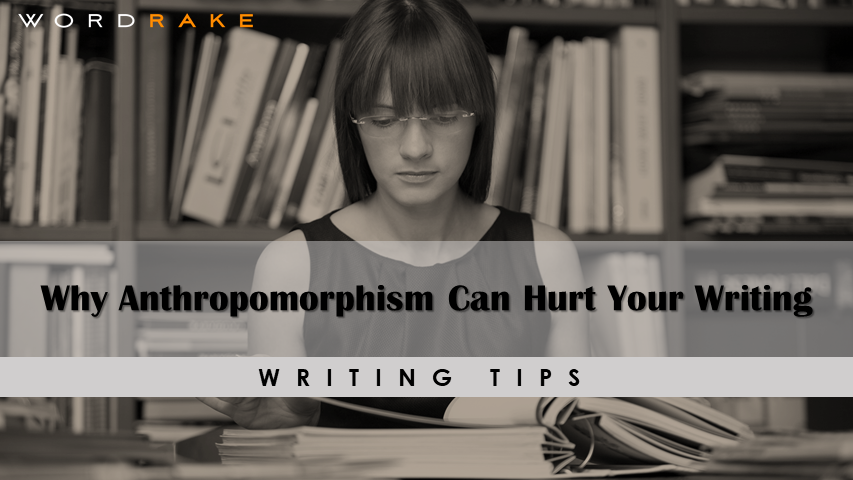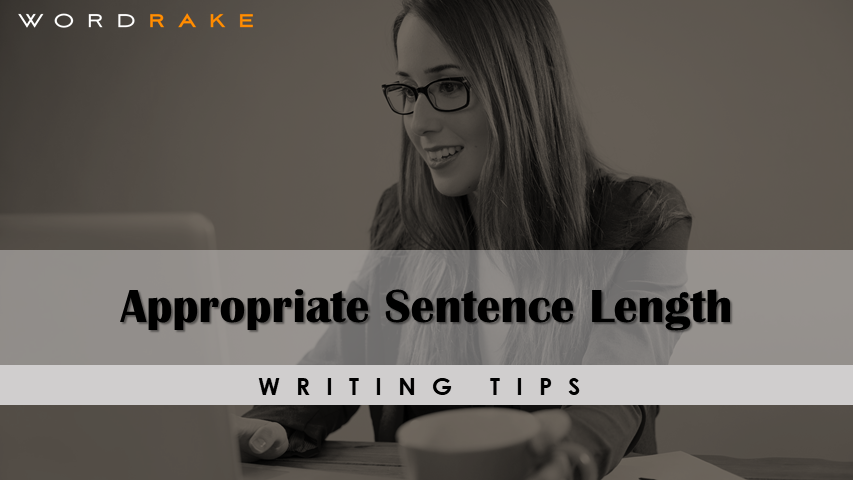Gary Kinder
Recent Posts
The First Sentence in a client letter should be a Sentence of Reference, which includes a name, a date, and a method; because eight months from now the controller for the client will check the books, see $23,000 in legal fees, and want to know, “Who authorized this?” And there it is in your opening sentence: who did it, when they did it, and how they did it.
Continue reading. . . every Associate should ask when receiving an assignment;
Continue readingNo writer of English has been more infamous for writing short sentences than Nobel Prize winner Ernest Hemingway; yet Hemingway’s shortest novel, The Old Man and the Sea, brims with long, crystalline, evocative strings of words, with a period at the end.
Continue readingFirst, ask for an extension, the more pages the better.
Continue readingAbbreviations
By using abbreviations, we irritate and confuse judges, clients, the public, and each other. If we “define” a name with an abbreviation, our readers have to reconstruct the name from the abbreviation every time they read it.
Continue readingHere’s a rabbit hole I never thought I would find myself mucking around in: trying to distinguish among all of the ways we label “obvious and unnecessary” repetition. Down in the hole, I found plain old “repetition,” but then there were “truism,” “tautology,” “pleonasm,” and “redundancy,” the last of which is the reason I had gone down there. I discovered that various sources, Internet and hard-bound, define these terms in circles, and then seem to give up by claiming them all “synonymous” with one or more of the others. Except some are longer.
Continue reading











